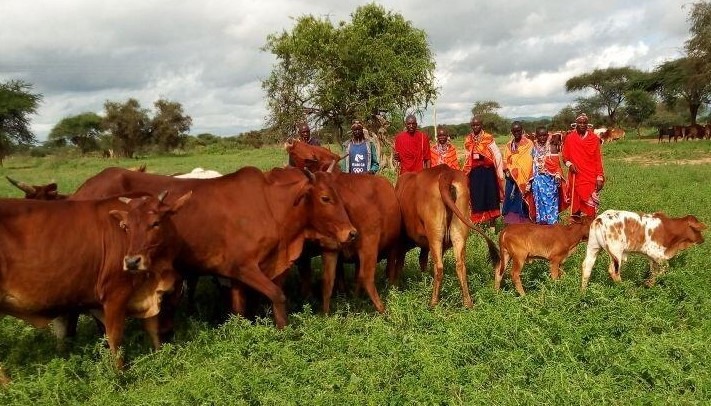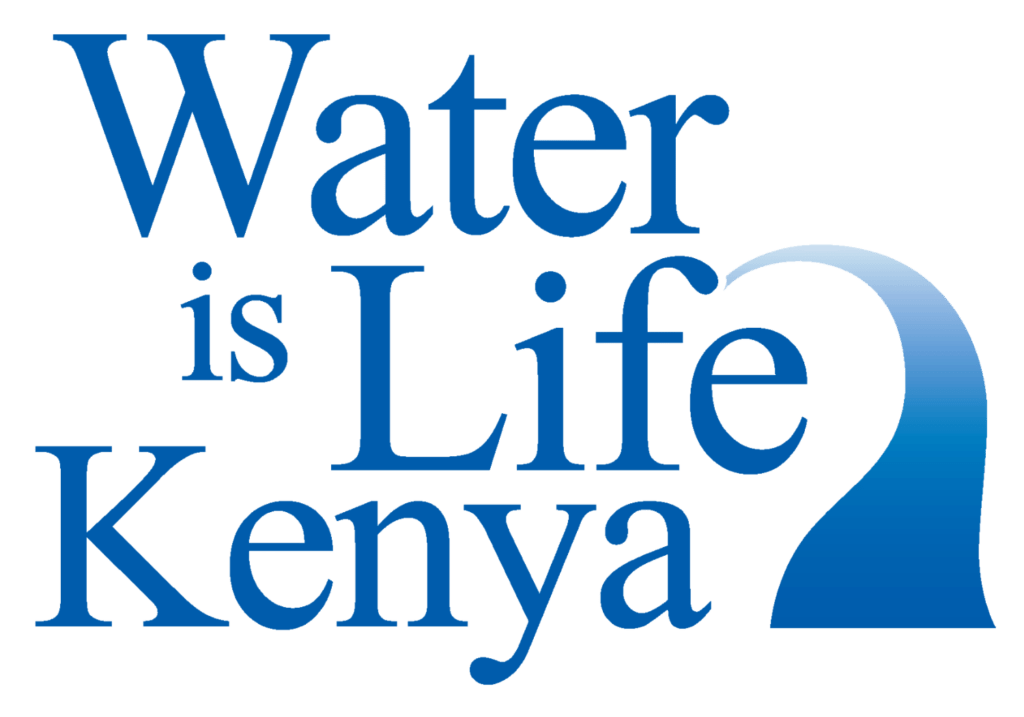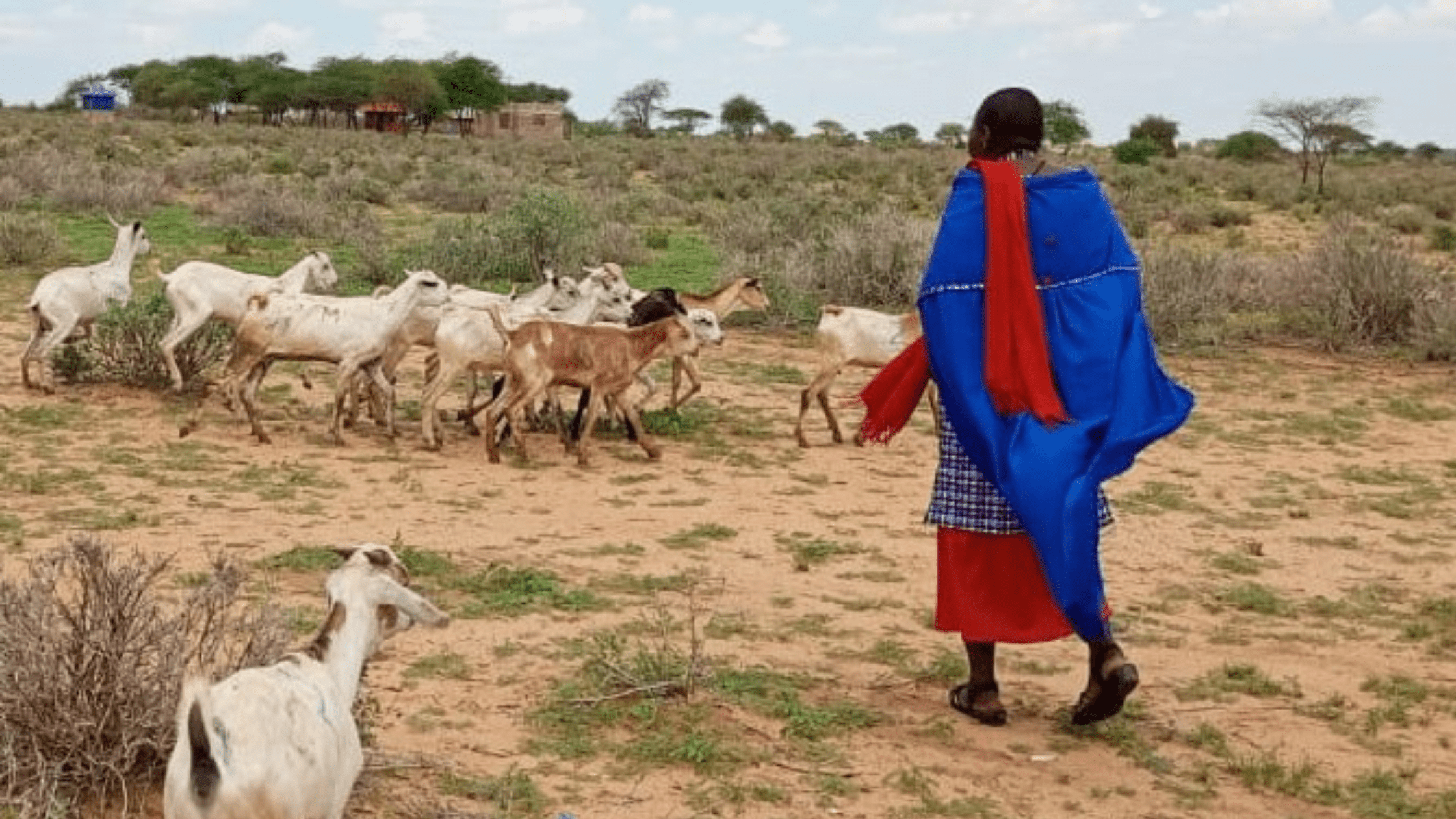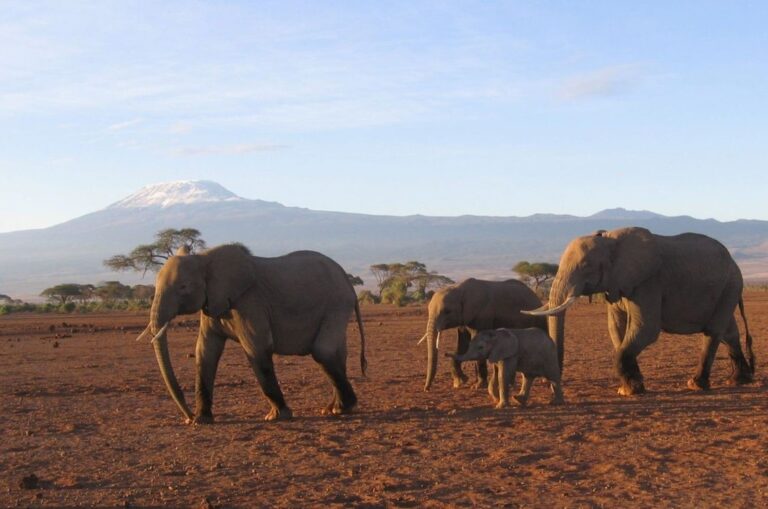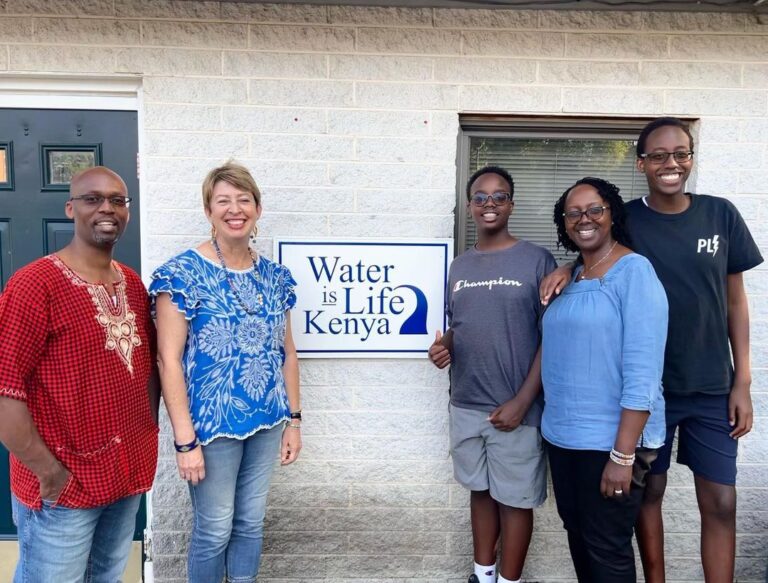Last week, Pulitzer Prize-winning journalist Stephanie McCrummen published a story in The Atlantic about the current land problems Maasai face in Tanzania. The details of her investigation are, at the very least, troubling, and her work has brought further awareness of land grabs in Tanzania and Kenya that Maasai have faced since the Colonial era.
Some of our donors have read McCrummen’s article and wondered how we felt about it. Here, we’re going to talk about the article, the potential impact of having more Maasai in Kenya, and how our values align with those held by Maasai.
“No cows, no life”
Stephanie McCrummen’s article “The Great Serengeti Land Grab” categorizes the systematic removal of Tanzanian Maasai from the Ngorongoro Conservation Area. Much of the article focuses on Songoyo, a Maasai who once was a prominent herder with 75 cows and land to support their grazing.
McCrummen met Songoyo after his cows and land had already been seized. He’d grown up in the traditional Maasai lifestyle and, as such, valued cattle above all else: “No cows, no life.” But in June 2022, Tanzanian security forces called a “routine ruling-party meeting” then arrested 27 Maasai leaders. Soldiers and police surrounded the boma and, after one Maasai warrior shot an arrow and killed a police officer, security forces fired at the Maasai. The land has now been developed into the Pololeti Game Reserve for the Dubai royal family.
Land grabs like this aren’t new in Tanzania. Maasai used to live in what is now Serengeti National Park—until they were pushed out in 1959 and relocated to Ngorongoro. Then, in 2022, the United Arab Emirates made a $7.5 billion deal with the Tanzanian government to promote “tourism and conservation.” But large-game trophy hunting by UAE royalty in helicopters with semiautomatic weapons takes place instead. Also, UAE Sheikh Ahmed Dalmook al-Maktoum owns 8% of forested land in Tanzania; he sells “carbon credits” to companies that want to show a reduced carbon footprint.
Songoyo now herds sheep to sell in Kenya, walking 130 miles a week. His goal is to buy a cow and start his life over, but he earns only about $10 every week. Half of that is used to feed his family. He owes a debt for five sheep that a hyena killed en route to Kilgoris, Kenya. A cow costs around $200. But he refuses to give up, even though he’s lost weight and has 14 children to feed.

Impact on Kenyan Maasai
The Tanzanian government is vastly different from the Kenyan government. While changing land laws in Kenya also caused a land grab, Kenyan culture encourages tribes, like Maasai, to practice their traditions. Tanzanians, however, have been all but forced to drop their tribal customs to promote a unified Tanzanian identity. Swahili is the country’s official language and, while other languages like Maa are not illegal, they’re prohibited in education and discouraged at political gatherings.
Tanzanian Maasai, then, who have been forced out of Ngorongoro are heading to areas over the border. This includes Kajaido County, where it’s possible to find land for their cattle to graze on. But, as McCrummen points out, there are other difficulties to overcome. They have to dodge wild animals as they search for grazing ground. Also, some Kenyans, who already don’t have enough grass, chase Tanzanian Maasai off their property.
Add in the detrimental effects of climate change, and Maasai—both Kenyan and Tanzanian—must compete with wildlife (elephants, wildebeests, and other large game animals) for already-strapped resources. And, considering the devastation caused by the three-year-long drought, more people and cows will put additional pressure on land in Kenya.
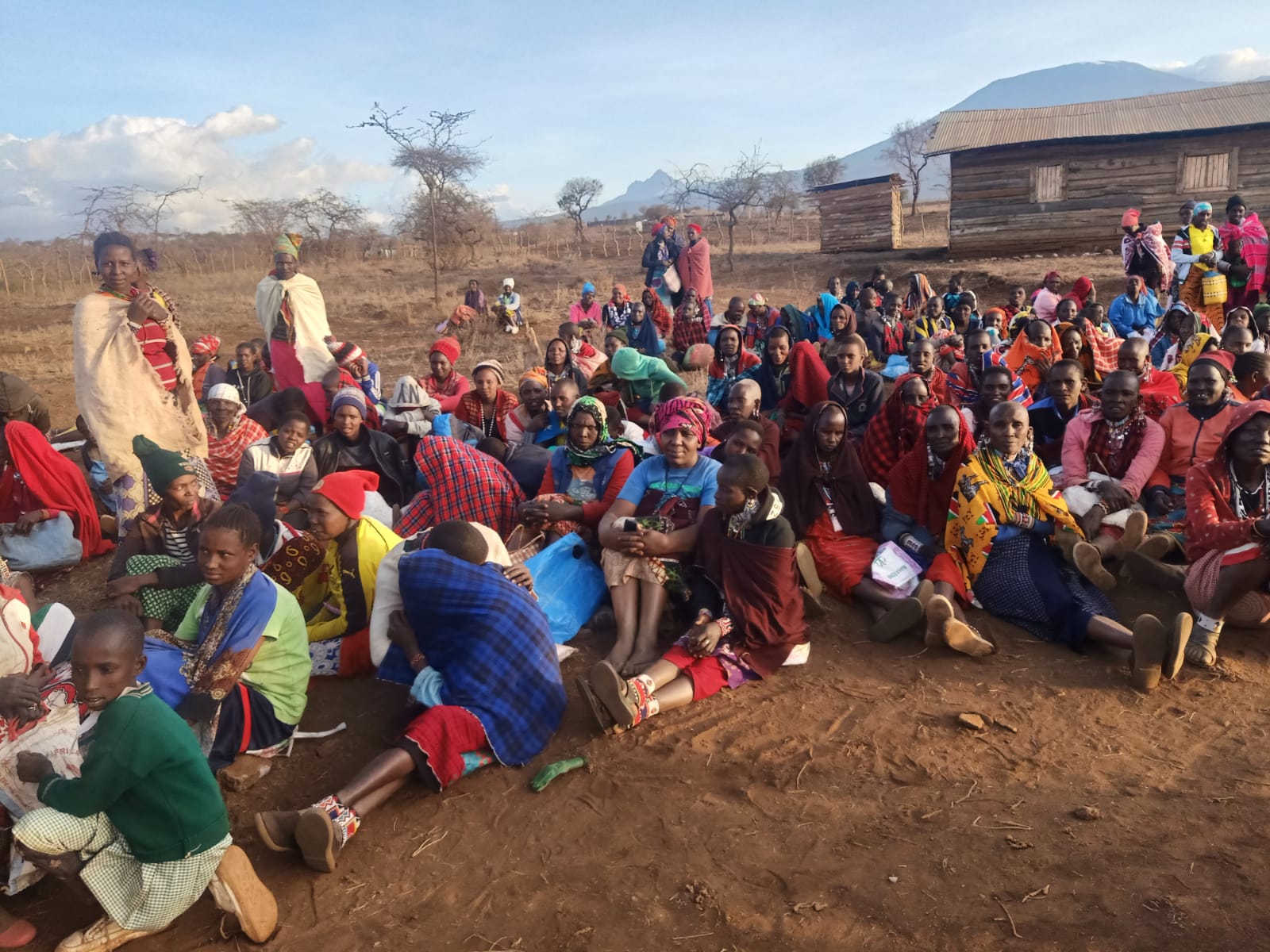
Our Values at WILK
We at Water is Life Kenya (WILK) have tremendous respect for Maasai, their traditions, and their lifestyle. As McCrummen noted, some Maasai go on to higher education or choose professions that are neither pastoral nor agrarian. But for the most part, Maasai are proud of their culture and many want to continue to practice it as they have for hundreds of years.
We at WILK have worked with Maasai herders and farmers for 17 years. We listen to their needs and respond by offering programs that have been adapted to their culture. Although we offer new ideas and techniques, we do not insist that Maasai change what they do to earn a living. Rather, we work together so that they don’t have to give up their traditional lifestyle.
While we’re distressed by McCrummen’s report, we’re hopeful that Kenyan Maasai will not have to face the same treatment from the Kenyan government. We regularly help Maasai apply for permits and applications, which allow us to build deep borehole wells and organize our Livestock as a Business (LAB) groups. We also helped Maasai widows secure their land plots after the revised Land Act by filling out paperwork and paying fees they couldn’t afford. Overall, there’s more to gain from supporting Maasai than from suppressing them.
